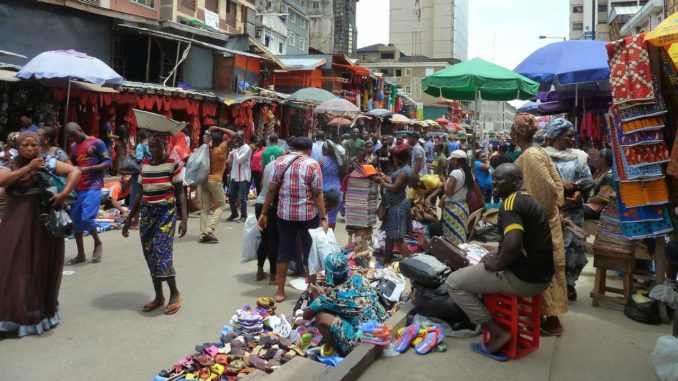
It should be curiously disappointing that despite noisy investment nurtured by renewed interest of the Federal Government on the issue of ease of doing business, Nigeria still scored low in the latest World Bank report on the critical index that evaluates better, usually simpler regulations for business and stronger protections for property rights.
The low ranking means that the country’s investment has not yielded the needed impact to improve the ranking the international business community can identify with.
Besides, the dismal ranking means rules and regulations recently put in place, which seek to remove physical encumbrances that frustrate businesses including bureaucratic bottlenecks in the system, have paled into some insignificance, after all.
According to the report entitled, “Doing Business 2019: A year of Record Reforms,” Nigeria ranked 146th, down by a spot, as one of the countries with least difficulties in doing business.
Specifically, Nigeria faltered in bureaucracy-bursting economies, especially in areas of property registration and insolvency resolution while minimal improvements were recorded in construction permits, contract enforcement and payment of taxes.
In all, Nigeria has moved 24 places from its 2016 spot of 169th to 145th in 2017 while in the 2018 edition, it lost the position to Mali.
Four countries in sub-Saharan Africa earned coveted spots in this year’s global top improvers. The countries are Togo, Kenya, Cote d’Ivoire and Rwanda. Mauritius regained a spot in the world to ranked economies in the 20th place.
There are lessons to be learnt from some other less prominent but increasingly significant countries. For instance, the report indicates that Mauritius carried out five reforms during the past year, including elimination of a sole gender-based barrier in the area of Starting a Business. The country equalised the business registration process for men and women and further consolidated the registration process of all applicants. Minority investor protections were strengthened by clarifying ownership control structures and introducing corporate transparency.
Rwanda, according to the report, carried out the most remarkable reforms in the region in the past year, with seven, and consequently moved up to 29th rank globally. The reforms in Rwanda since the inception of Doing Business 16 years ago include making starting business less costly by replacing electronic billing machines with free software for value added tax invoices.
The World Bank report tracked 314 reforms by 128 governments across the world. The survey ranked 190 economies taking into account trading regulations, property rights, contract enforcement, investment laws as well as availability of credit and other factors.
The report shows that 107 reforms were carried out in sub-Saharan Africa, which was a record for the region. Nigeria carried out four reforms, which include making Starting Business easier in Kano and Lagos, the two cities covered by Ease of Doing Business local reforms.
Furthermore, Getting Electricity and Trading Across Borders also saw reforms in the two cities. In addition, Lagos made Enforcing Contracts easier by issuing new rules of civil procedure for small claims, while Kano, in a negative move, made property registration less transparent by no longer publishing online the fee schedule and list of documents necessary to transfer a property.
The World Bank Group President Jim Yong Kim, noted that, “Governments have the enormous task of fostering an environment where entrepreneurs and small and medium enterprises can thrive.”
He said sound and efficient business regulations are critical for entrepreneurship and a thriving private sector, without which there is no chance of ending extreme poverty and boost prosperity around the world.
For instance, with no sign of achieving the Sustainable Development Goals (SDGs) by 2030, the World Poverty Clock indicates a rise in the number of people living in extreme poverty in Nigeria.
Not surprisingly, the figure rose from 86.9 million people in June this year to 88 million now, which represents 44.4 per cent of the nation’s estimated 198 million population.
There is no doubt that Nigeria has a lot of job to do to lift both the economy and people from the quagmire of underdevelopment and poverty.
Earlier in the year, there was a glimmer of hope, in this regard, when the Federal Government endorsed and signed three Executive Orders that were expected to boost doing business. What is more gratifying, the Vice President who signed the Orders as Acting President has been markedly committed and he even set up a bureaucracy to enhance efficiency in the subsector.


Be the first to comment